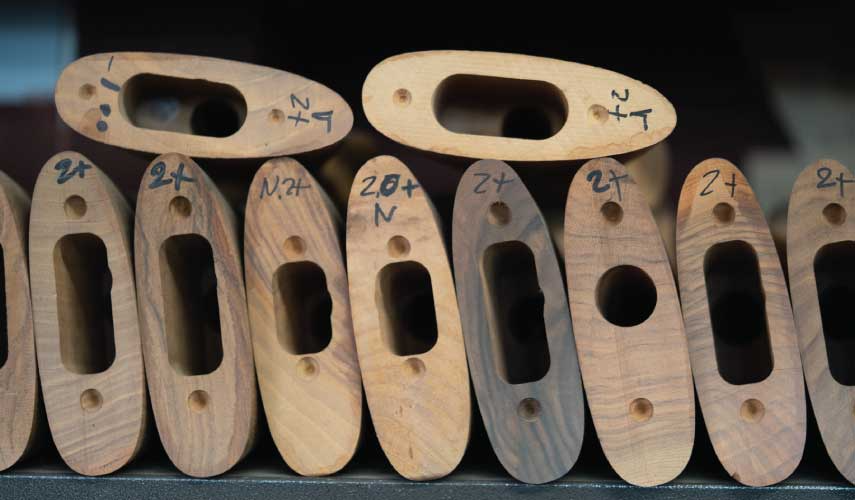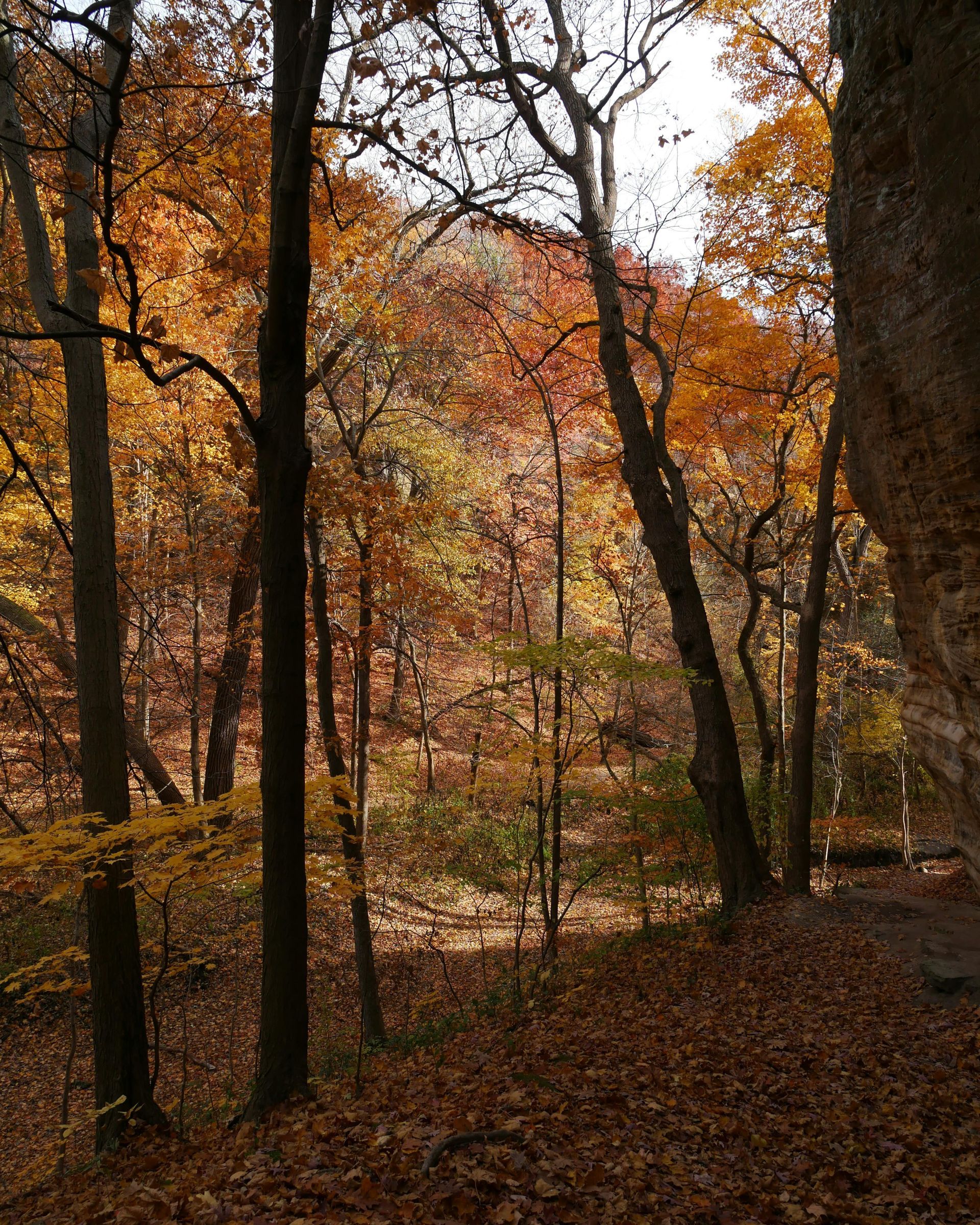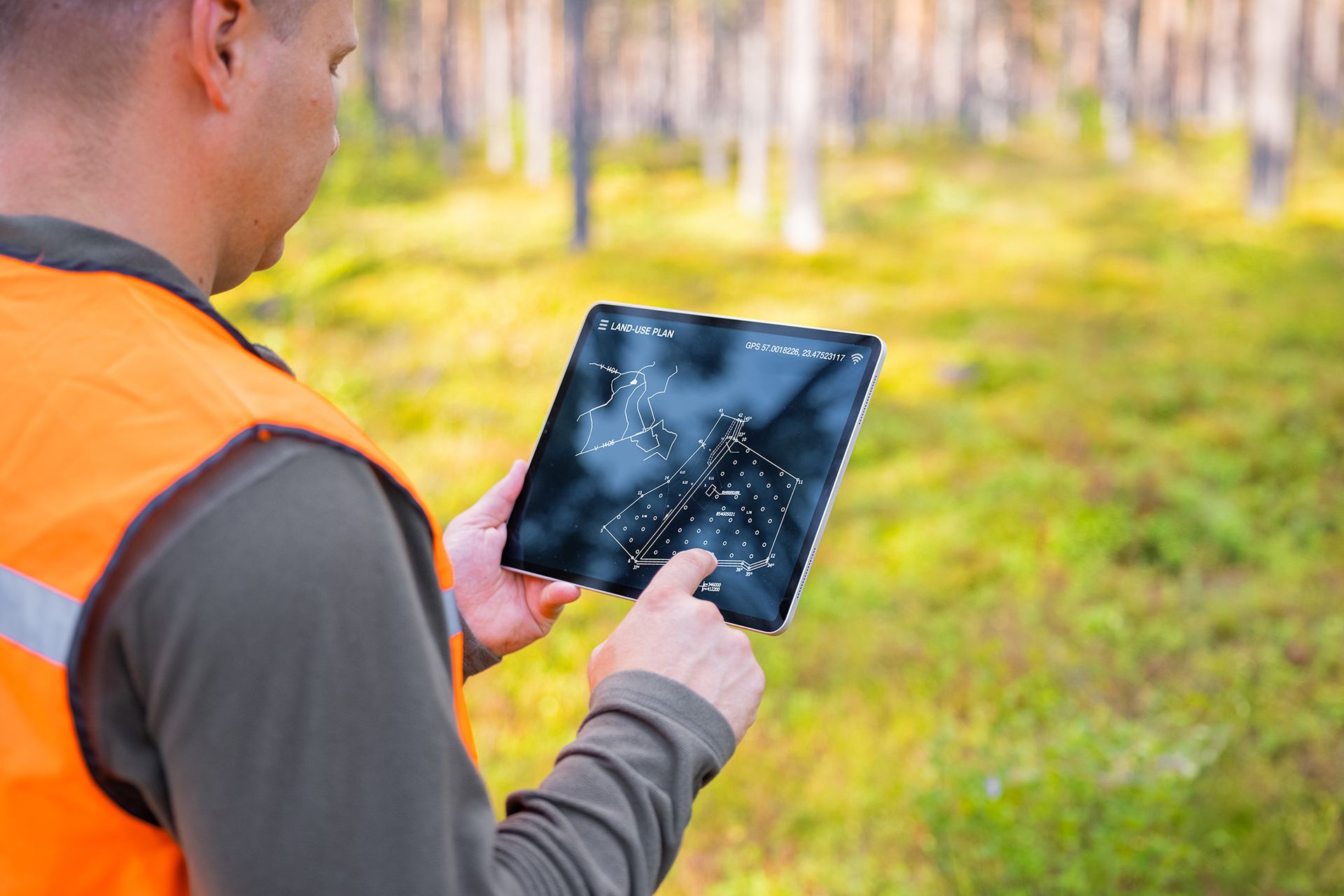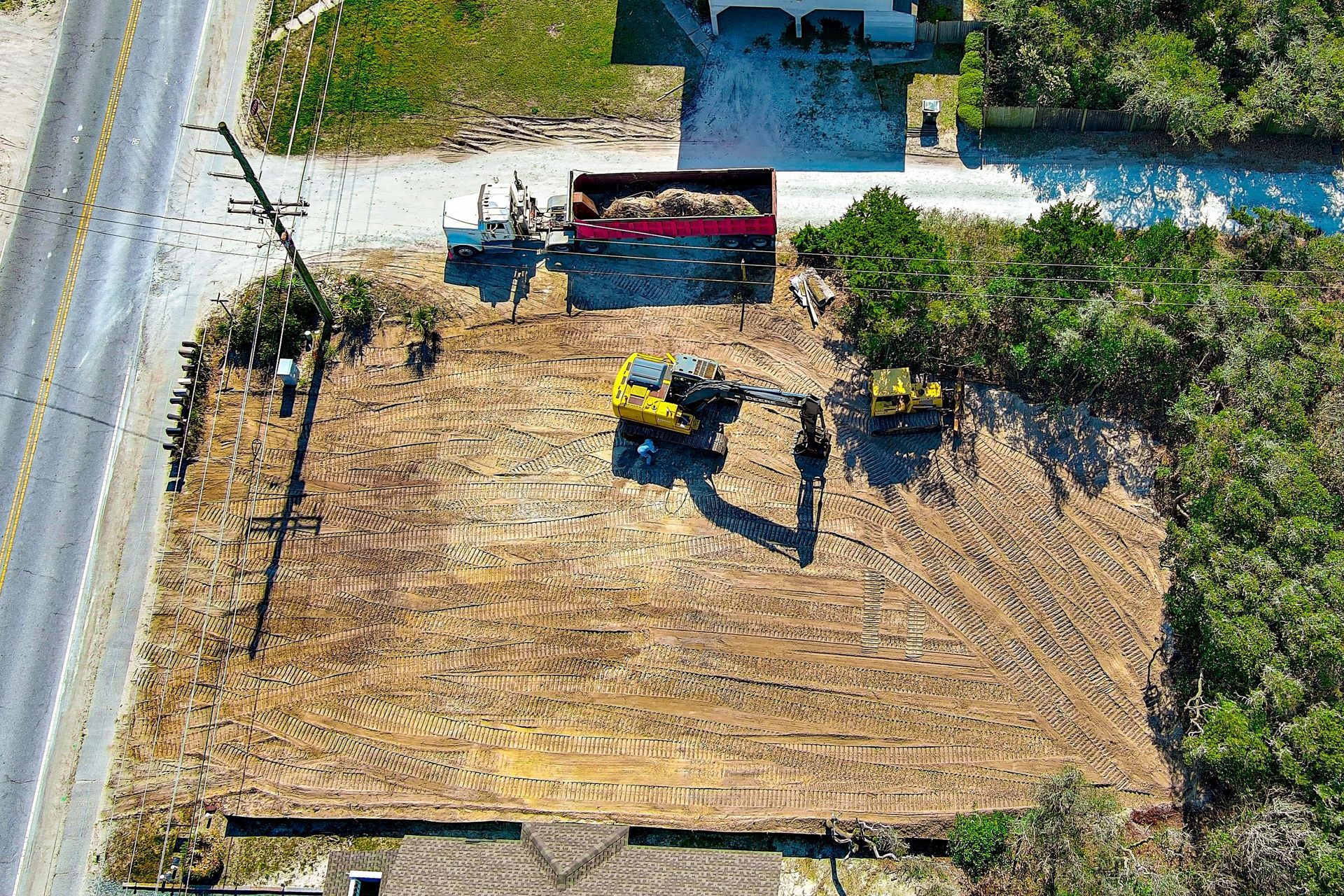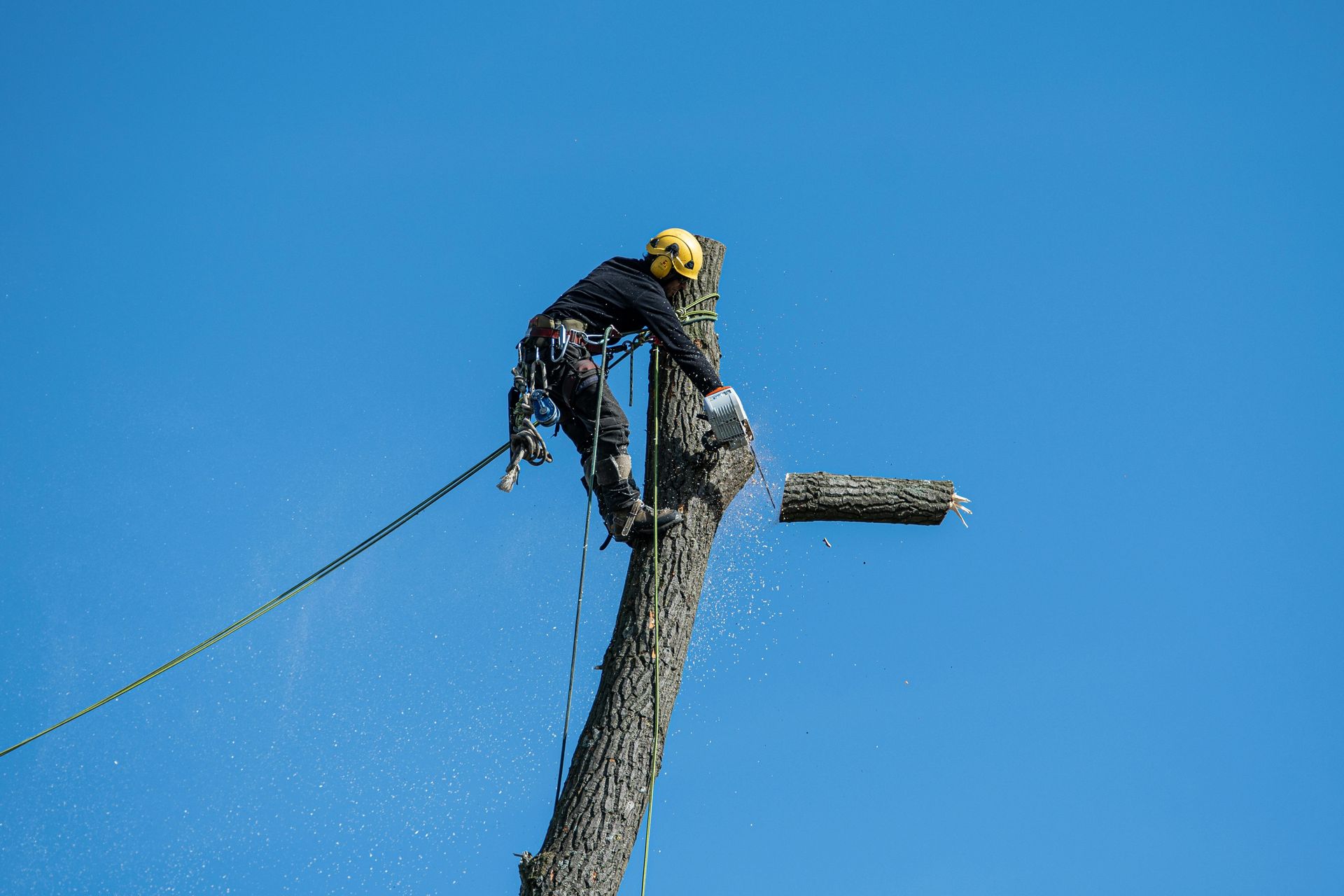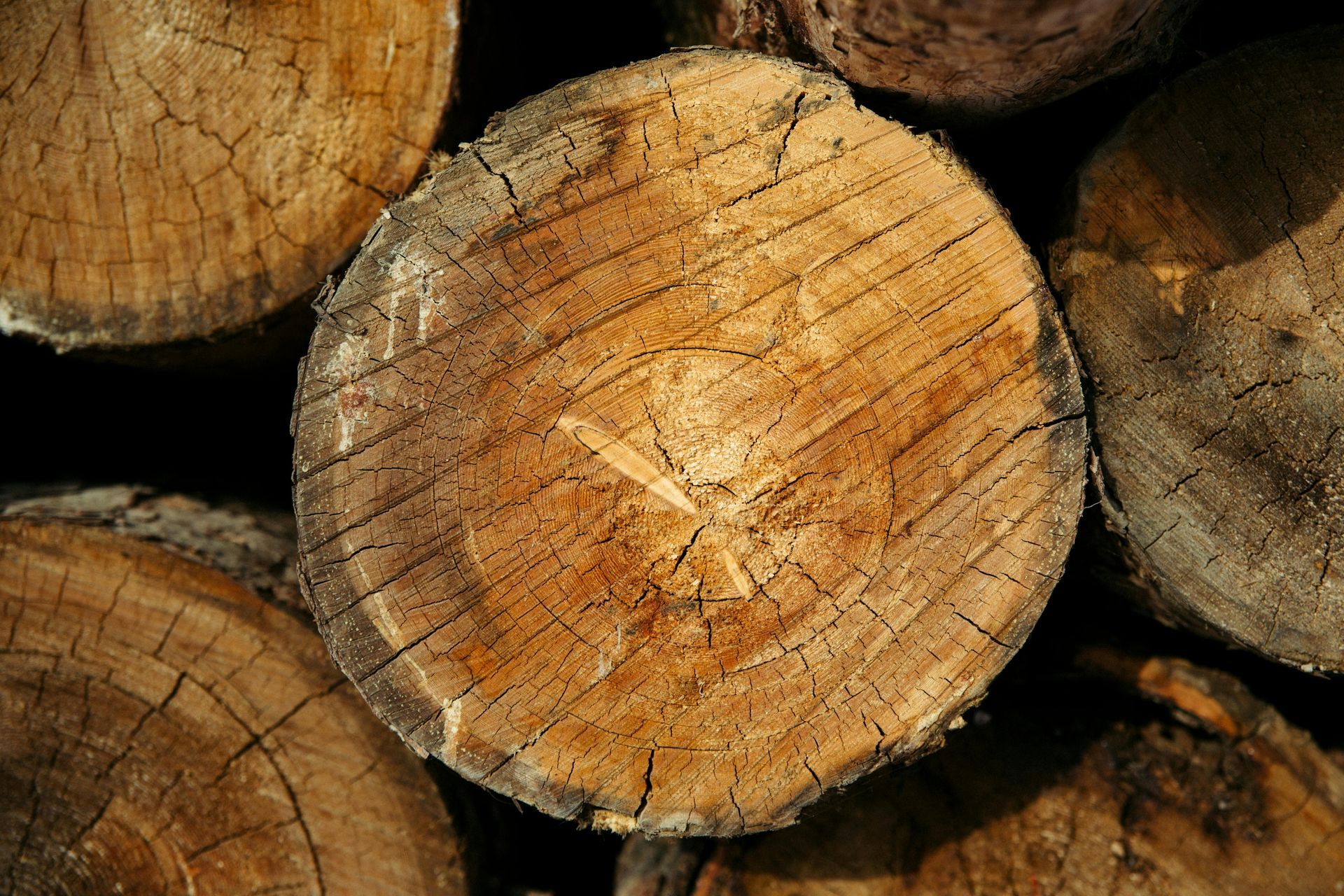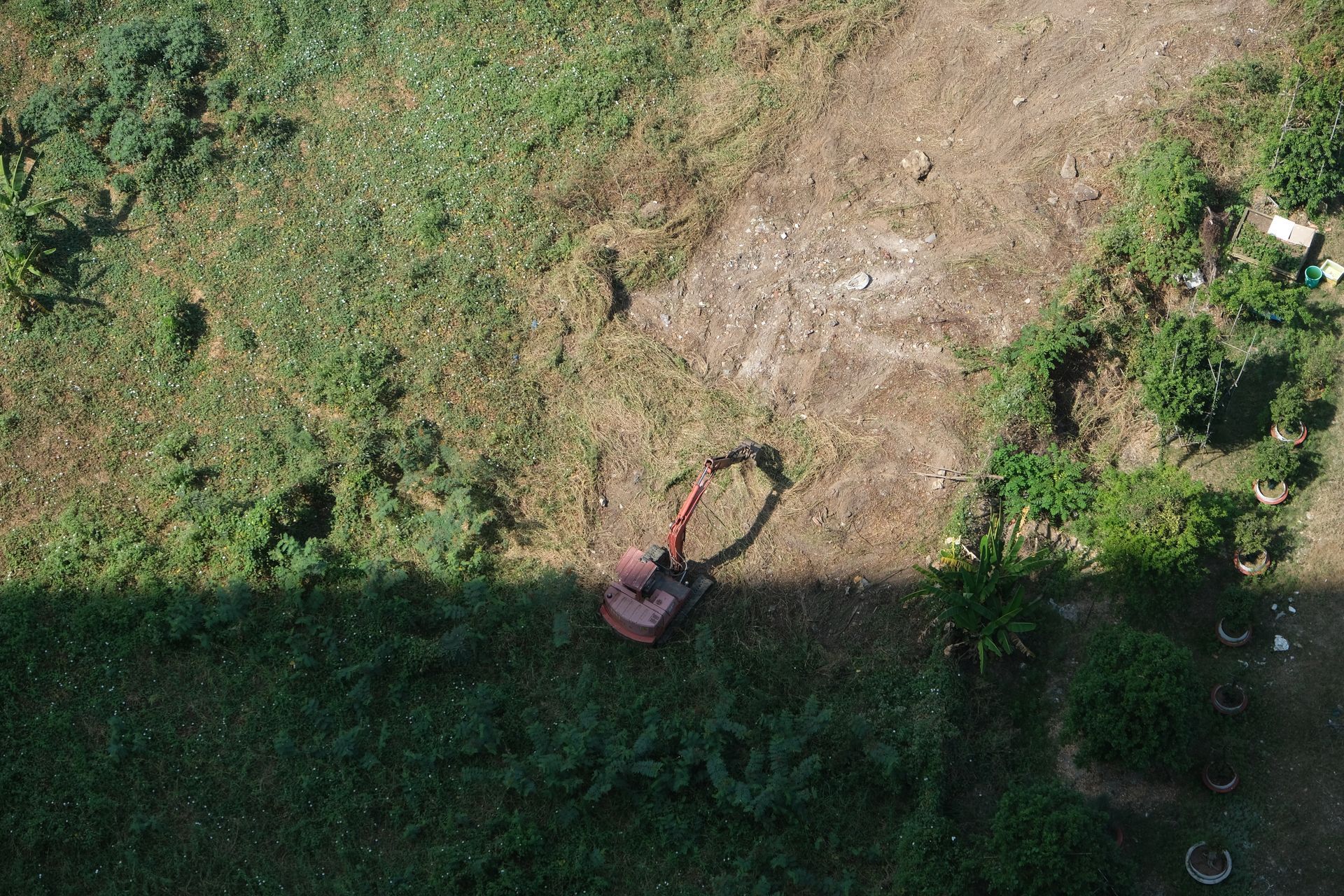Legal and Regulatory Essentials for Logging Walnut Trees on Private Land
As an Illinois landowner with black walnut trees (Juglans nigra) on your property, navigating the legal landscape is crucial to avoid fines, ensure fair sales, and protect your investment. These high-value hardwoods, thriving in Illinois' fertile Midwest soils, can fetch average stumpage prices of $1,628 per thousand board feet (MBF) in 2025, with veneer-grade logs up to $3,650/MBF. However, logging without compliance can lead to penalties under state laws or local ordinances. This in-depth guide from GradeTimber.com explains key regulations, permits, zoning laws, and timber theft prevention, with a focus on Illinois-specific rules. Tailored for private andowners in walnut-rich regions like the Illinois River Valley or Shawnee Hills, it targets searches such as "legal requirements for walnut logging on private property in Illinois" to provide practical advice. By understanding these essentials, you'll build trust in ethical practices and maximize profits sustainably.
Overview of Illinois State Regulations for Timber Harvesting
Illinois regulates timber activities through several key statutes, emphasizing buyer accountability and conservation. The Timber Buyers Licensing Act (525 ILCS 40/) mandates that all timber buyers—residents, non-residents, or businesses—obtain a license from the Illinois Department of Natural Resources (IDNR). As a seller, you're not required to be licensed, but you must verify your buyer's status to avoid complicity in illegal operations. Licenses ensure buyers maintain
insurance, keep records of purchases, and submit annual reports on timber volumes and origins. In 2025, IDNR has updated online verification tools for easier checks, reducing risks for landowners.
The Illinois Forestry Development Act (525 ILCS 15/) offers incentives for sustainable management. Enrolling your walnut groves qualifies for property tax reductions—assessed at 1/6th of fair market value—if you maintain a forest management plan for at least 10 years or until commercial harvest. This is particularly beneficial for walnut owners, as these trees take 50-75 years to mature. Plans must include reforestation strategies, and IDNR foresters provide free assistance in drafting them.
A key financial obligation is the 4% timber harvest fee on gross sales, paid to IDNR for conservation programs. This applies to all private timber sales, including walnuts, and is typically withheld by the buyer. Failure to report can result in audits or penalties. No statewide harvest permit is required for private land, distinguishing Illinois from states like Missouri, but environmental protections apply—e.g., wetlands may need U.S. Army Corps of Engineers (USACE) approval under Section 404 of the Clean Water Act.
For walnut-specific considerations, these trees' high value (often exported) attracts scrutiny. Ensure compliance with federal Lacey Act requirements for legal sourcing, though this primarily burdens buyers. In 2025, IDNR emphasizes Best Management Practices (BMPs) for walnut harvests to protect soil and water, though voluntary.
Permits Required for Walnut Logging in Illinois
While Illinois doesn't mandate a state-issued logging permit for private property, certain scenarios trigger requirements:
● Environmental Permits: If your walnut grove borders streams, wetlands, or endangered species habitats (e.g., Indiana bat roosts in snags), obtain a USACE 404 permit for any soil disturbance. IDNR may require surveys for protected species before harvest.
● Local Tree Removal Permits: Municipalities like Highland Park require permits for removing trees over a certain size, even on private land, to preserve urban forests. In rural areas, counties may have ordinances; for example, Will County mandates permits for significant harvests in zoned areas.
● Transportation Permits: Hauling walnut logs requires a bill of lading proving ownership. Oversize loads need Illinois Department of Transportation (IDOT) permits, especially on state highways. SB2426 (2025) strengthens transport rules, requiring proof for two or more trees to combat theft.
Consult your local IDNR district forester early—services are free and help identify needs.
Zoning Laws Impacting Private Walnut Logging
Zoning in Illinois is handled at the county or municipal level, potentially restricting logging based on land use classifications. Unincorporated areas fall under county zoning, while cities/villages have their own codes.
● County Zoning: Counties like Lee, Moultrie, and Ogle have ordinances promoting health and safety, requiring special use permits for commercial logging in agricultural or residential zones. For walnut-rich southern Illinois, Shawnee-area counties may limit harvests near conservation zones.
● Municipal Ordinances: In places like Highland Park, tree protection codes prohibit unauthorized removal, with fines up to $1,000 per tree. Variances can be sought for economic hardship, but processes involve public hearings.
● Overlaps with State Law: Municipal zoning supersedes county in incorporated areas. For walnut owners, zoning might classify logging as a "forestry use" allowed in
agricultural districts but restricted in residential ones.
Check your property's zoning via county assessors or online portals. Amendments, if needed, require board approvals and can take months.
Timber Theft Prevention for Walnut Landowners
High-value walnuts are prime targets for theft, with Illinois reporting increased incidents in 2025 due to rising prices. The Wrongful Tree Cutting Act (740 ILCS 185/) imposes triple damages—up to three times the stumpage value—plus attorney fees for unauthorized cutting. Penalties include Class C misdemeanors, fines up to $1,000, and equipment forfeiture under SB2426.
Prevention strategies:
● Boundary Marking: Post "No Trespassing" signs and paint boundaries per IDNR guidelines.
● Surveillance: Use trail cameras and GPS to monitor groves.
● Contracts and Records: Require buyers to provide proof of license and sign detailed contracts outlining tree selection.
● Neighbor Notifications: Inform adjacent owners of planned harvests to deter false claims.
Report theft to local law enforcement and IDNR; prosecutions have risen with enhanced transport checks.
Checklists for Compliance in Walnut Logging
Use these checklists to stay compliant.
Pre-Harvest Checklist
● Verify buyer's Timber Buyer License via IDNR portal.
● Enroll in Forestry Development Act if eligible; draft management plan.
● Check local zoning and obtain any required permits (e.g., tree removal in municipalities).
● Survey for environmental issues; apply for USACE 404 if needed.
● Mark boundaries and install surveillance.
● Get multiple bids and draft a written contract.
During-Harvest Checklist
● Ensure BMPs are followed (e.g., erosion controls).
● Monitor operations to prevent damage to residuals.
● Maintain bills of lading for transport.
● Withhold 4% harvest fee for IDNR submission.
Post-Harvest Checklist
● Report sales to IDNR for fee payment.
● Implement reforestation per management plan.
● Document for tax purposes (capital gains).
● Inspect for theft or damage; pursue claims if necessary.
These steps minimize risks and ensure smooth operations.
Resources for Illinois Landowners
● IDNR Forestry Division: Free foresters, license checks, and BMP guides.
● Illinois Forestry Association: Workshops on sales and regulations.
● University of Illinois Extension: Publications on walnut management and laws.
● Legal Guides: IDNR's Selling Timber Brochure for contract templates.
Staying informed on 2025 updates, like SB2426's transport enhancements, protects your assets. Grade Timber ensures compliant, ethical harvests—download our free Illinois Logging Compliance Checklist and contact us for expert guidance today.
